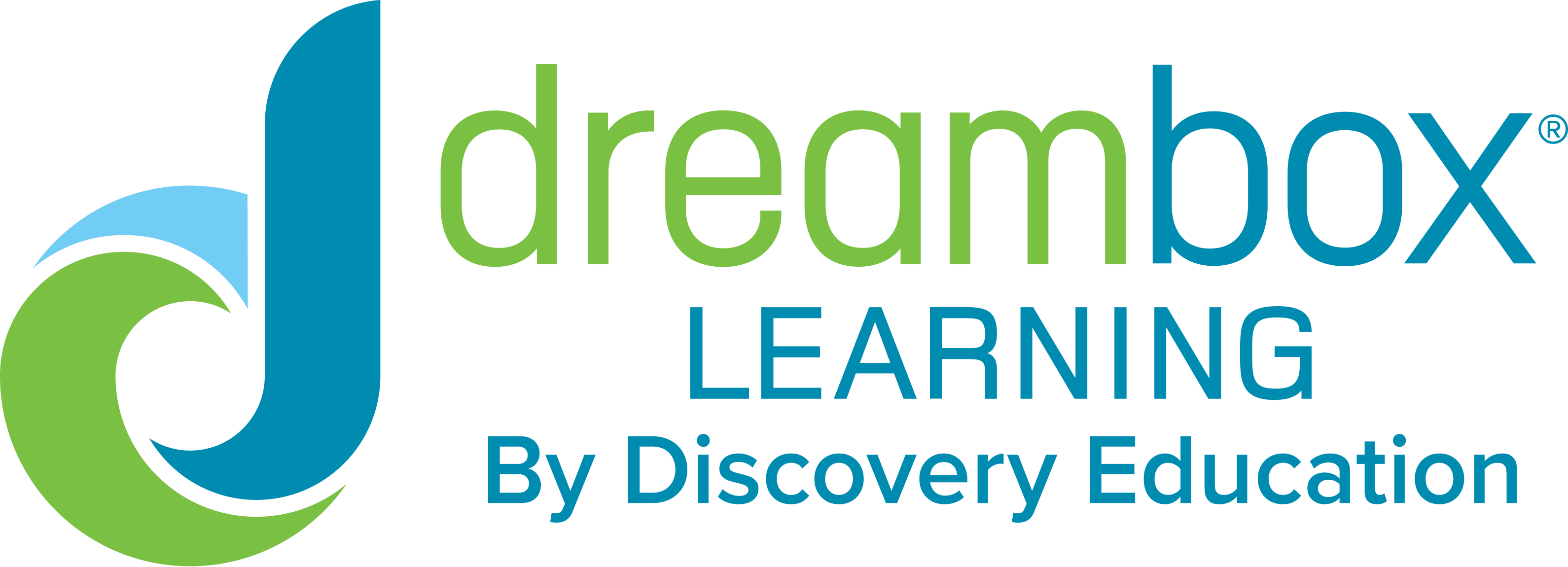Blogs
11 Key Takeaways from a Conversation with Former State Superintendent Dr. Carey Wright
April 26, 2023
SHARE NOW
During our recent webinar, The Mississippi Miracle: Key Strategies for Improving Reading Achievement, Dr. Carey M. Wright, former State Superintendent of Education in Mississippi, shared her insights and experiences leading efforts to significantly improve reading outcomes across the state.
Just before Dr. Wright came to Mississippi, the state legislature passed the Literacy-Based Promotion Act (LBPA), which placed an emphasis on students meeting grade-level benchmarks by third grade. Dr. Wright was tasked with overseeing this legislation. Over the course of her tenure as state superintendent, Mississippi went from having some of the nation’s lowest reading scores to being spotlighted as the state with the highest reading gains according to data from the National Assessment of Educational Progress (NAEP).
Here are some highlights from this engaging and inspiring discussion with Dr. Wright:
- All reading pedagogy and resources must be based on evidence and proven by research to effectively promote literacy development.
One of the guiding principles of Dr. Wright’s work was ensuring effective and proven resources were in place. She shared, “Children’s lives are too valuable to use things that don’t work.” Dr. Wright described that one of her first actions as state superintendent was to create a team of experts in effective reading instruction who relied on scientific research to oversee these efforts. The team recognized the need to implement the research-proven Science of Reading approach across the state to transform reading outcomes.
When asked about the approach to eliminating practices or resources that are not research-based, Dr. Wright explained that she and her team regularly posed the question, “Are you demonstrating positive student outcomes? If the answer to that is yes, and there is a research base to support that, then that's something you need to look at. If the answer is no or the results are mixed, you need to look for something else.”
- Educational leaders should act with urgency and intention.
At one point during the conversation, the engaged audience asked, what would you have done differently? Dr. Wright remarked, “I sure wouldn’t have gone slower… My sense of urgency has never wavered, and that is what I tried to lead with.” Dr. Wright emphasized that, “You’ve got to go in every single day like it’s the only day you’ve got because the little ones are depending on you as the professionals that are standing in front of them and parents are depending on you...When the day is over, you can’t go back and grab that day.” Each day matters and Wright shared that she and her team focused energy on creating systems to ensure that every student was getting what they needed to maximize the impact of instructional time and move their literacy growth forward.
- Building the capacity of educators with high-quality, ongoing professional learning sets the foundation for success.
All leaders know that teachers are an instrumental piece to transforming reading outcomes. And Dr. Wright emphasized that point, “Teachers and leaders come in every day wanting to do the best that they can” but many did not have the background on research-based practices to effectively teach reading to all students. Because of this, professional learning was at the core of her team’s plan. She explained the approach to teacher and administrator training “was not a finger-pointing exercise” about what had not been done in the past. Instead, her team framed the strategy around how they could best build teacher capacity.
Mississippi teachers needed to be educated about the Science of Reading so they could understand the why and the how. This includes the five major components of learning to read and how to teach them in concert with one another, rather than independently. This approach worked and the improvement in outcomes followed. Dr. Wright shared, “We are proof positive. We’ve trained all of these teachers and trained all of these administrators. People are feeling so much more confident about their teaching ability.” Beyond the initial professional development, Dr. Wright’s team continuously asked administrators and educators how else they could support them to refine their approach and support educators.
- Empowering educators with information, materials, and guidance more deeply embeds evidence-based practices across schools and districts.
Dr. Wright shared that beyond simply teaching educators about the Science of Reading, it was necessary to equip them with an understanding and guidance on how to evaluate practices and materials to ensure alignment and success. She explained, “We wanted them to have not only the grounding of that work, but [to also understand] here’s what you can do with it.” To that end, Dr. Wright’s team created rubrics to evaluate instructional materials, resources, and curated lists of vetted high-quality curricula. She described that, as a leader in the state, “We were there to be in service to our districts, our teachers, our leaders, and our families. We asked, what do you need? and began creating what they needed to do their job even better.”
- Sharing data is a powerful way to show what is working and build momentum.
During the conversation, Dr. Wright acknowledged that this effort to improve reading outcomes requires hard work, time, and buy-in from a cross-section of stakeholders. She explained that sharing data to show tangible measures that these efforts were yielding significant, positive results was crucial in building momentum and a continued investment in these literacy efforts. She noted that “proving that what we were doing was working–that speaks volumes.” The data “solidified a belief system” in the overall initiative. She also reflected that having this data be public and widely celebrated has made long-term state investment in literacy success much more likely: “The state has seen such great gains; I think they might be hesitant to not want to fund something that has been so successful.”
- A commitment to prevention and intervention keeps the focus on improving student learning.
During the Q&A session of this event, an audience member asked about ways to support students who were reading below grade level. Dr. Wright responded, “Intervening early is critical. You’ve got to be able to meet individual needs. That’s the critical part–using your data to identify the kids that need the extra help.” Dr. Wright spoke of the heightened importance of intervention for students who are not meeting grade-level benchmarks by third grade–regardless of whether they are retained or promoted. She shared, “Children that are retained don’t need another year of the same thing. They need a more solid, intensive reading intervention and a solid 90-minutes of instruction and intervention.” And, children who are promoted to fourth grade, but not reading at grade level, also need additional instruction and support. To that end, Wright and her team provided supports for teachers of struggling third and fourth grade readers that included specialized professional development on how to provide the instruction and intervention that these students need.
- Families, parents, and caregivers add tremendous value to literacy growth.
“Parents are critical in this whole endeavor,” Dr. Wright pointed out. She described that it is important to “invite parents in in a meaningful way…more than at a back-to-school night or parent conference night. It’s involving them as volunteers, it’s working with small groups, it’s having them serve on your leadership team. I think it’s important that they see themselves as a value add.” Wright and her team created information to engage parents including family success guides in multiple languages, an informational website, and resources to support schools engaging with families around literacy. She also noted that families can be great advocates for reaching out to decision-makers such as legislators–who listen to their constituents in prioritizing decisions and initiatives.
- High-quality early learning dramatically improves the likelihood students will read on grade level by third grade.
As a true believer in the power of high-quality early learning opportunities, Dr. Wright explained, “Early childhood…is so critical, especially in states like Mississippi, which has the highest poverty rate in the nation, with spots that have very little access to high-quality learning.” With funding from the state’s Early Learning Collaborative Act, Dr. Wright was able to expand access to early learning in areas of the state that had the lowest scores on statewide assessments and had the fewest opportunities for high-quality early education. And by simply adding a question to kindergarten registration throughout the state, Dr. Wright and her team were able to see that those students attending the state collaborative programs were significantly outperforming their counterparts on literacy outcomes. With this success, she continued to find ways to “keep expanding those programs because we knew how well they were functioning” and was able to make the case to the state legislature to provide additional funds.
- Community and legislative buy-in can catalyze transformational change at scale.
Dr. Wright credited support from the state legislature and the LBPA legislation with sparking the state-wide focus on literacy growth and creating the context that allowed for this remarkable progress. Throughout her time as state superintendent, she continued to partner with state legislators to generate funding and public support for the initiative. She shared that “Establishing relationships with legislators and elected officials to really believe that the department could lead this work went a long way in us being able to garner additional funds for what we were trying to do.”
- Lean into instructional materials with a proven track record of research and efficacy.
There are hundreds of ed tech solutions in the market right now, but few organizations can demonstrate their products are research-driven and have data to prove they are moving the needle on student learning. Dr. Wright urged leaders to look to organizations committed to showing real data, not simply anecdotal results. When an organization leads with research, she shared, “It’s a telling piece that the leader that runs the organization has children in her heart and the power of what they are trying to get done with their product speaks volumes.”
- It is essential to keep a laser focus on student learning and outcomes.
In reflecting on the lessons learned throughout this literacy transformation in Mississippi, Dr. Wright noted that all decisions, strategies, and plans should come back to the singular question of “Are children learning?” She emphasized that this central tenet “is the key–and you’ve got to keep that first and foremost in your mind at all times.” Wright went on to explain that if the answer to this question is no, educators must ask “Why not? And what else can we be doing that we’re not doing? If they’re not learning, how are we, as adults, changing what we’re doing to ensure that children are learning?” This unrelenting commitment to improving reading outcomes is inspiring educators and legislators around the country to implement an evidence-based and research-proven approach to accelerate reading growth for their students.
DreamBox Reading helps students become lifelong readers. From phonics and phonemic awareness to fluency and comprehension, DreamBox Reading ensures students in every grade have the support they need to become proficient readers. Learn more about Reading Park for emerging readers in preK to grade 2 and Reading Plus for grades 3-12.










